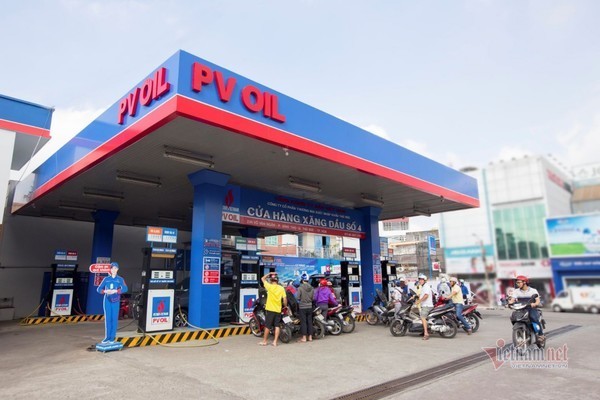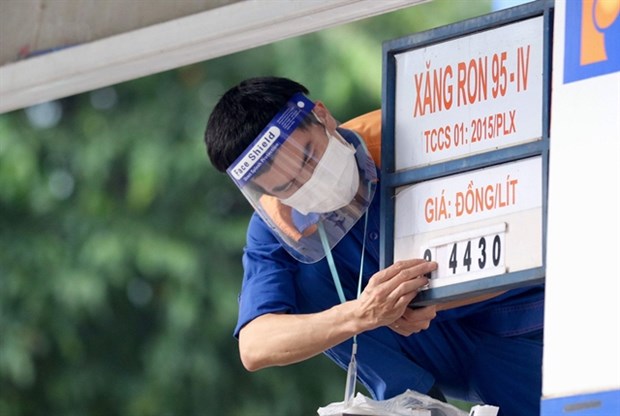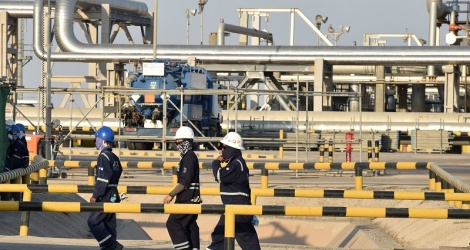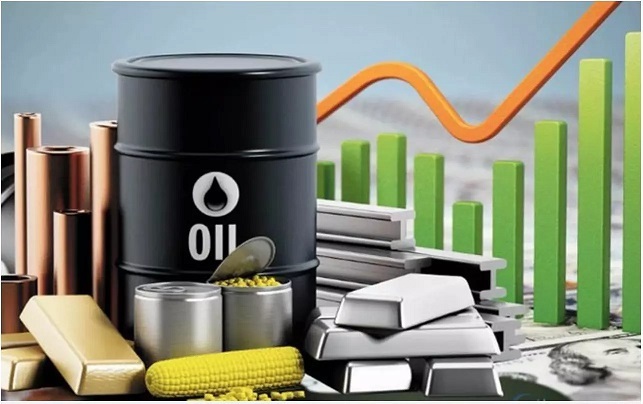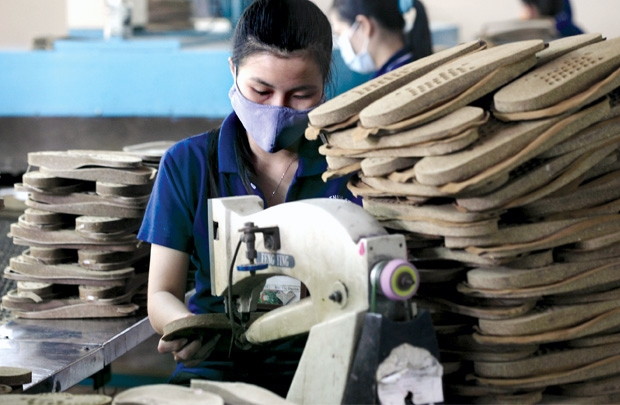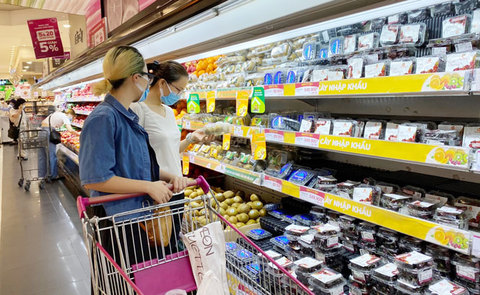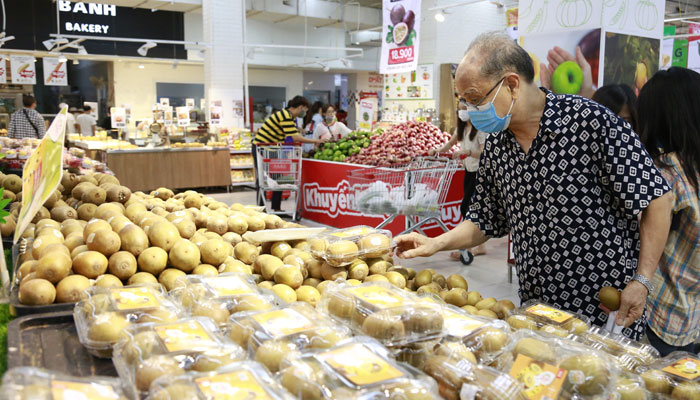- © Copyright of Vietnamnet Global.
- Tel: 024 3772 7988 Fax: (024) 37722734
- Email: [email protected]
inflation
Update news inflation
Goods prices increase as petrol price rise
The petrol price hike, which has led to an increase in nearly all goods and services, from food to medicine to fertilizer, has caused consumers constant anxiety.
Warnings about ‘imported inflation’
The signs of “imported inflation” have appeared as prices of goods purchased from abroad in the first two months of 2022 rose to higher levels compared to the same period last year.
Global inflation may cool down within a year, not a big worry for Vietnam
Despite rising commodity prices following the Russia-Ukraine crisis, experts believe that within six months or a year from now, global inflation will cool down.
Oil price may hit 120 USD/barrel, Vietnam to face challenges
Oil prices have increased sharply in recent days following the tension between Russia and the West over Ukraine. The high price of oil and fears of an escalation of war have hit commodity and financial markets.
VN receives slightly higher inflation forecast, negligible risk: HSBC
In a recent report, HSBC adjusted its prediction for Vietnam's inflation this year from 2.7 per cent to 3 per cent, a slight increase but with negligible risk as the economy has shown signs of a strong rebound in the making.
VAT drop can have "dual effect" to stimulate VN's economic growth and curb inflation
According to several economic experts, this tax reduction is anticipated to help reduce service costs, thereby stimulating consumption, promoting production and business, whilst also creating additional jobs for workers.
Inflation 2022: internal and external pressures
Purchasing power is at a very low level, but the potential pressure on prices combined with external factors may make it increasingly difficult for Vietnamese businesses and people in 2022.
Debates over inflation
Inflation will apparently become one of the key words of 2022.
Economic prospects for the world and Vietnam
The severity and persistence of inflation worldwide have surprised most central banks and organizations that offer economic forecasts.
Government urged to reduce VAT to stimulate economy
The world economy is speeding up while Vietnam’s growth is slowing down. Economists believe that the VAT (value added tax) should be reduced to stimulate demand, because it could result in immediate benefits.
Prolonged lockdown puts pressure on inflation
Prolonged social distancing measures and restrictions on mobility have put significant pressure on Viet Nam's effort to control inflation in 2022, economists have said.
VN to keep CPI growth low by end of 2021
Vietnam looks to maintain a Consumer Price Index (CPI) growth lower than 1 per cent a month during the last quarter of 2021 in an effort to keep inflation under the 4 per cent target for the year,
Economic performance on track despite COVID-19: Gov't meeting
Vietnam’s economic performance in the first five months of 2021 means the country remains on track for solid growth despite two waves of COVID-19 outbreaks, heard a Government meeting on Thursday in Hanoi.
Many factors behind rising inflation
The 2020 Consumer Price Index (CPI) in Vietnam was contained at 3.23%, but which will be difficult to maintain at a target of 4% in 2021.
Inflation expected to be reined in for 2021
In a bid to continue successfully controlling inflation this year amid a rise in local consumption, the government is taking drastic action, with the stabilisation of prices of key items in the market a priority.
Vietnam faces challenges to keep inflation under target: Experts
Input cost inflation is the main concern for the second half of 2021.
Inflation not a source of concern for Vietnam: SSI
Vietnam’s consumer price index (CPI) is set to average 2.89% in 2021, below the government’s target of 4%.
Vietnam inflation predicted to rise to 3.5% in 2021
Vietnam’s economy with high level of openness could be susceptible to rising inflation as a result of growing global commodity prices.
4% inflation target set for 2021 within reach: experts
Vietnam is likely to meet its target of reining in inflation at a rate of below 4% in 2021, although experts warn that unfavourable factors could impact market fluctuations.
Inflation control cannot be taken lightly
Although many forecasts said that inflation would be controlled at less than four per cent this year, economists recommended it was still important to pay attention to inflationary pressures.
